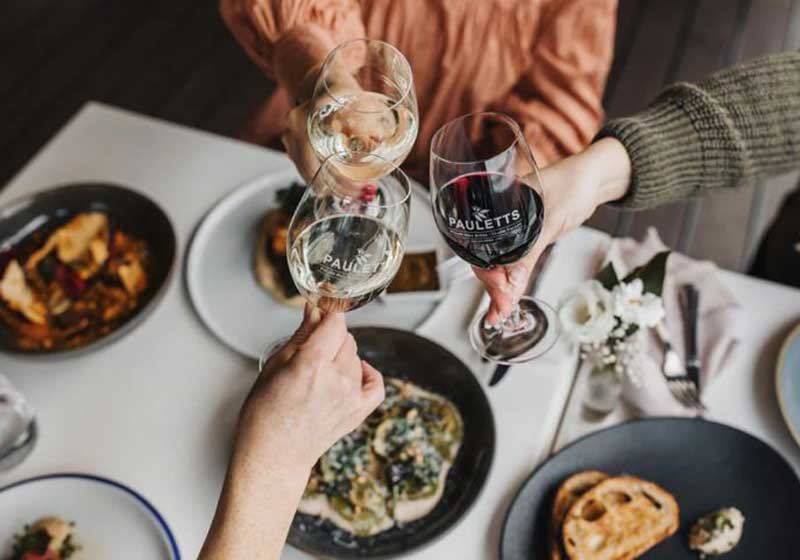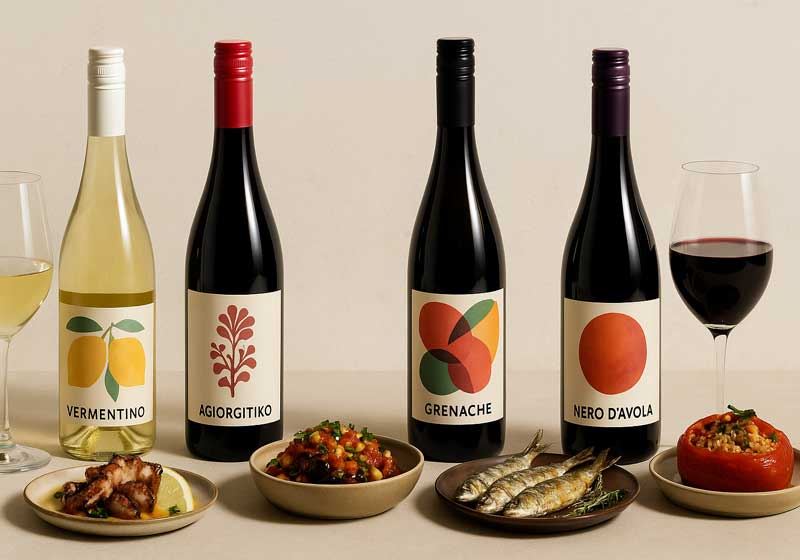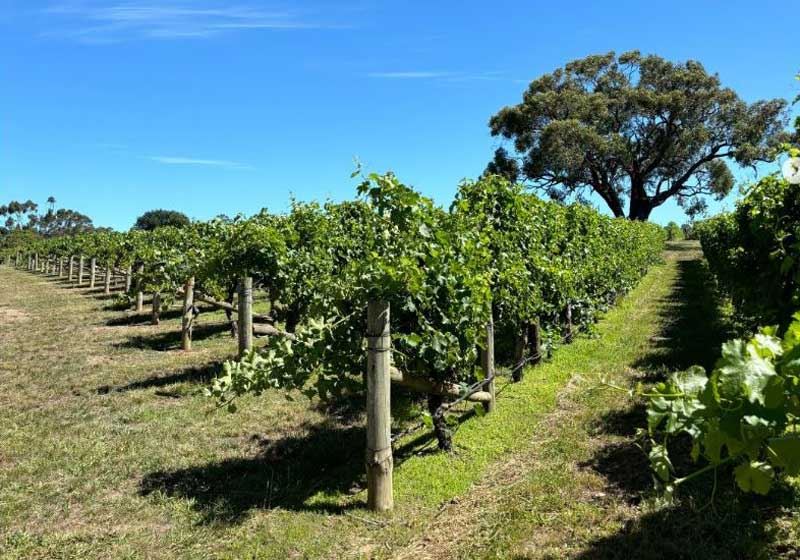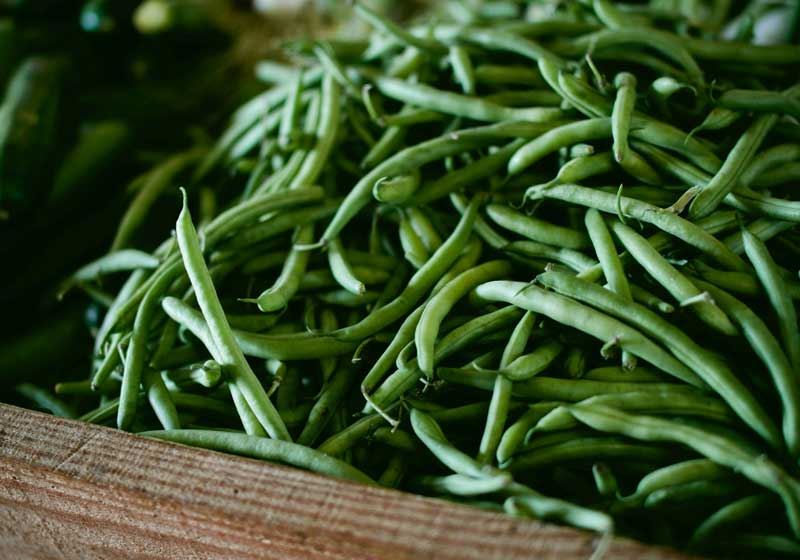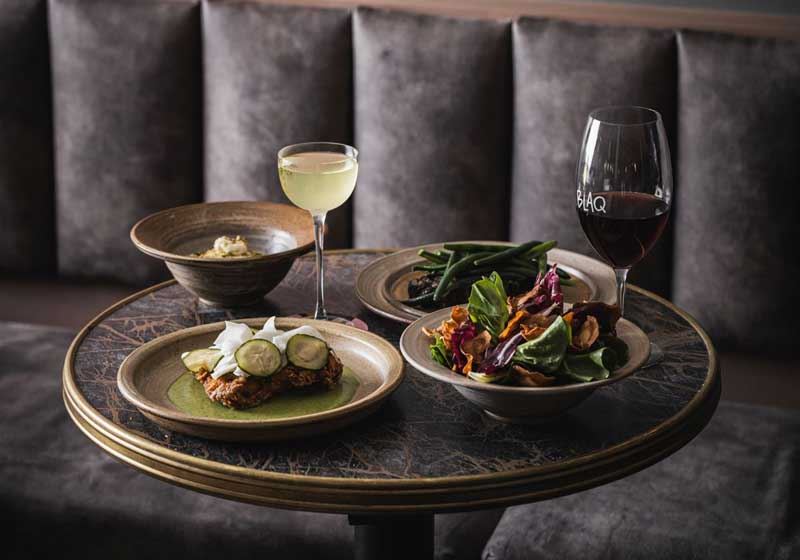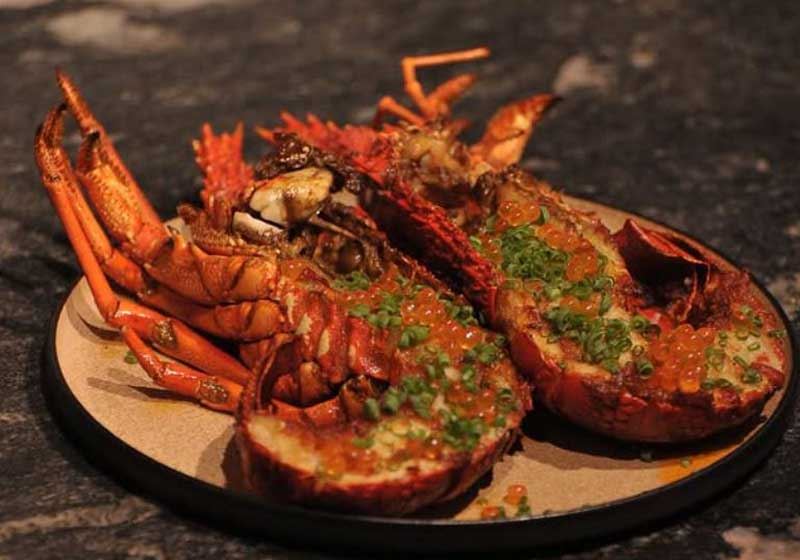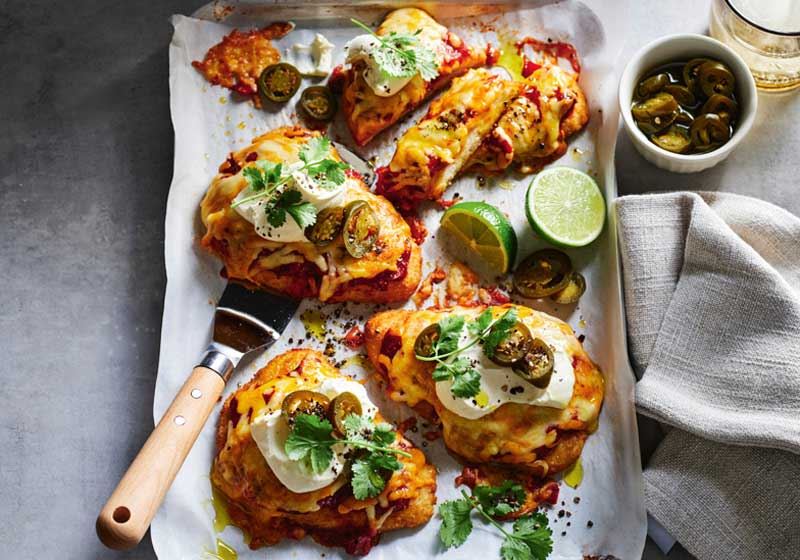What is a Sommelier?

A sommelier is a trained and knowledgeable wine professional, commonly seen as specialized staff working in the finest restaurants, who specializes in wine across the spectrum.
Their principal work is in the area of procurement, storage, and rotation of a wine cellar. They are also responsible for the development of wine lists and are responsible overall for the delivery of wine service and training for the other restaurant staff. Working along with the culinary team, they pair and/or suggest the wines that will best complement each particular food menu item. It could be argued that the role of a sommelier in fine dining today is strategically on par with that of the executive chef or chef de cuisine.
A professional sommelier also works on the floor of the restaurant and is in direct contact with restaurant patrons. The sommelier has an ethical duty to work within the taste preferences and budget parameters of the patron.
Basic Guidelines
A creative wine pairing should feel like a discovery. The thrill is in finding something new. Think about which flavors complement or contrast with one another.
Pairing is all about balance, matching the size and weight of wine with the richness and intensity of the food, but don't try so hard. Pair the wine with your guests first.
There are no rules! Forget the old "red with meat, white with fish"-it's completely irrelevant. Instead, you might make a seasonal choice: red in winter, white in summer. But a good wine will carry any dish.
Matching Food With Wine
Fried foods are very likeable with sparkling wines, because the bubbles contrast with the grease.
Spicy food loves to have a sweet wine. It acts as a little fire extinguisher!
When you pair wines and foods, it's always in the sauce. In other words, it's not the what, it's the how. Match your wine with the sauce or juice of the dish rather than with the meat or fish. The easy recommendation is to serve light wines with light foods, heavy wines with full-bodied foods.
Storing Wine
Wine likes to be kept cool, quiet, and in the dark.
Temperature: Store your wine in areas away from heat and try to keep them at a constant temperature. As a rule it's best to store wine at a constant temperature of around 15° C.
Light: Keep your wine out of direct light, especially sunlight. Wines exposed to light get stripped of their flavor. A common term used to describe this problem is "light shock".
Position: Always store wine bottles on their side so the cork stays moist. The exception to this rule are those wines sealed with a Stelvin enclosure (screw cap). Wine sealed with these caps can be stored either way.
Serving Wine
Temperature: When it comes to serving temperatures, most people expect white wines to be refrigerator temperature and for red wines to be served at room temperature. That's unfortunate. If you drink wine that's too warm or too cold you lose all the fruit flavors and the complexities of the wine.
Forget the ice bucket! White wines always show their aromatic and flavor qualities better when they aren't ice cold. Chilled, yes, but never too cold; the wines just tighten up. When white wine is too cold its flavor is muted. When red wine is too cold the tannins are enhanced. An easy rule of thumb is to place the red wine in the refrigerator a half hour before you're going to serve it. And take the white wine out of the refrigerator a half hour before you're serving it.
Glassware: Just about any glass with a tapered bowl to it can express the aromas in a wine. And while the high-end glasses can enhance an aroma, once you pour the wine in your mouth, one glass is pretty much the same as another.
Nevertheless most of the enjoyment of a wine comes from the aroma, so selecting a glass that is at least designed for any wine, if not for a specific wine, ought to enhance the aroma.
Decanting: (aerating) The battle continues to rage between those who believe in decanting all wines before they're drunk and those who believe that young wines should be decanted, while older wines should be left alone. There is no argument however that big, young, full-bodied beauties definitely benefit from the oxygenation that decanting provides.
Older wines that have been stored properly and are at their peak or peaking need to be treated delicately however. Air can be one of wine's greatest enemies and decanting adds a lot of oxygen to that wine, upsetting the balance and quite often causing the fragile fruit to fade away sooner than later.

Tasting Wine
Often you will see people swirl wine in a glass before smelling it. A hearty swirl can in fact blow subtle problems off the nose and have them land right on your palate when you take the obligatory sip. However strong or subtle the problem, you want to avoid tasting it. Instead of swirling, simply lift the glass to your nose and take a sniff. If it smells bad you will know it and you will not want to taste that smell!
Above all remember to have fun. You don't have to spend a lot of money. You can find good, drinkable wines in any price range. Expensive does not always mean better. Try something new. So many people are stuck in a rut drinking their usual Chardonnay or Merlot. There are so many wines to taste and regions to explore.
How do you know when you're onto a good wine? Simple, when you first approach a wine, ask yourself "Is this a good wine?" And then at the end, again, "Is this a good wine?"
Make the opinion your own!


